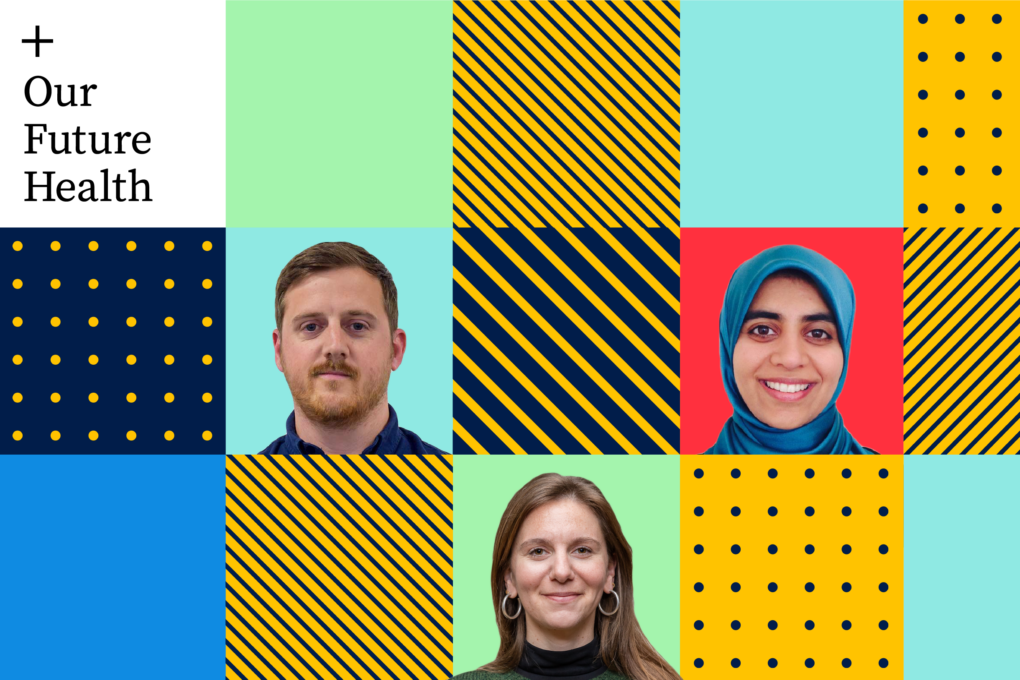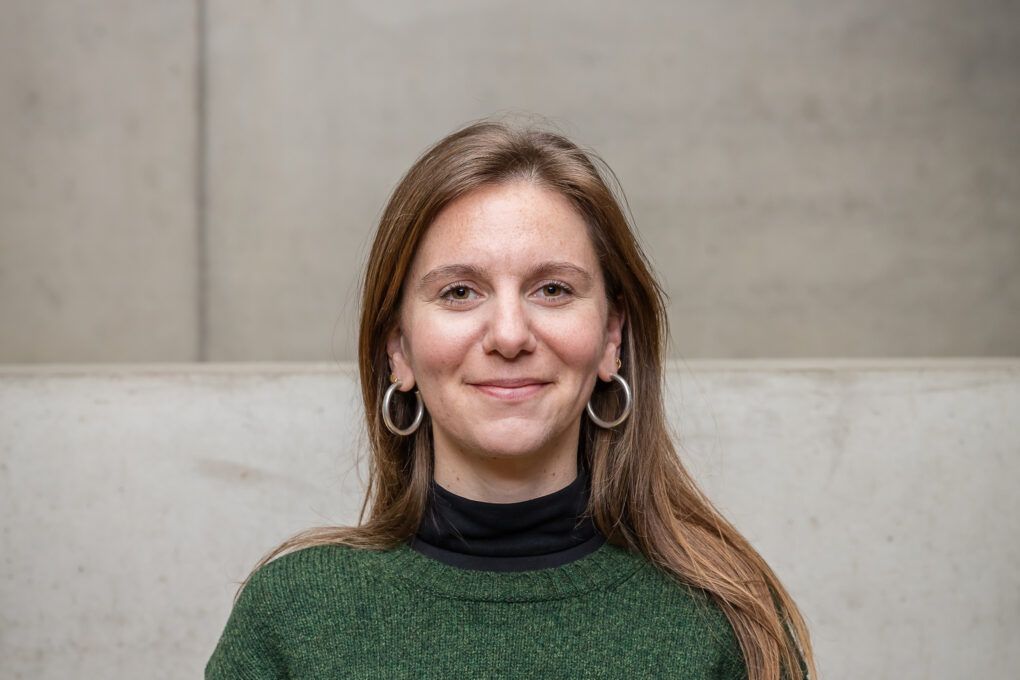How the Diversity and Inclusion Advisory Board is helping Our Future Health to break down barriers

How can we ensure that Our Future Health makes discoveries that benefit everyone?
The answer is to make sure that a diverse range of people take part in our health research programme. By bringing together a group of volunteers that truly reflects the UK’s diverse population, Our Future Health will help health researchers to identify differences in how diseases begin and progress in people from different backgrounds.
Put simply, to help all types of people, we need every kind of person. Everyone has something unique to give.
In the past, many health research programmes have lacked diverse representation. This includes people from Black, Asian and minority ethnic communities. It also includes people with lower incomes. Recent data from The National Institute for Health & Care Research (NIHR) shows that in the UK, 86% of participants taking part in Randomised Control Trials (trials where researchers test their treatments) are white.
So, what can Our Future Health do differently to build a resource that truly reflects the UK population?
New perspectives on health research
That question lies at the heart of Our Future Health’s Diversity and Inclusion Advisory Board, which brings together a panel of people from different backgrounds, professions and locations, with the aim of engaging underrepresented communities in our programme.
The Board meets at least once every three months, to discuss and share opinions and ideas on the steps Our Future Health is taking and can take to tackle inequality in health research.
There are currently four independent members who sit on the Board – with plans to expand that number in the future – and they are joined by a number of Our Future Health employees who attend the meetings to share information and capture the advice that’s offered.
“We come together to enrich what Our Future Health is doing to build a truly diverse resource,” says Arzoo Ahmed, Head of Ethics at Our Future Health, who has attended meetings since 2022. “It’s a space to question our strategies and raise suggestions for things that would be more impactful. There’s always a healthy dose of critical engagement. We rely on that.”
“The task of the Diversity and Inclusion Advisory Board is to find strategies and ways of building partnerships with different communities,” explains Arzoo. “We’re not just talking about ethnic diversity, or racial diversity, we’re talking about socio-economic diversity, age, gender, religion. We want to build an ongoing relationship with our participants across different communities so they can go on this journey with us and remain with us.”
“There’s a range of disciplines within the group, each person bringing valuable experiences of engaging communities. It means we get different perspectives when we ask questions like: What’s likely to work? What’s not likely to work? What’s missing? How are we going to reach a specific community? How can we be more effective? How can we be more inclusive?”
What does a meeting look like?
A week before the Board’s online meeting, an email is sent around outlining the topics that will form the focus of the upcoming discussion and providing background information for members to read in advance. For example, in one meeting, the Board discussed the ways in which Our Future Health is inviting members of the public to take part in our programme. Members offered advice on how we can ensure that the message will reach and speak to as many people as possible, from communities all across the country.
“Having the topic shared beforehand means we come prepared to bring our individual expertise to the conversation,” says Jane Wells, an Engagement Producer who predominantly works in the art and culture sector and joined the Board in June 2022. “Each time I’ve had the chance to really think: ‘Where in my work have I encountered something like this before? What kind of creative thinking might I contribute from my specific sector?’”

“Knowing that diversity and inclusion is so high up on Our Future Health’s agenda is refreshing,” says Board member Dr Andrew Willis, who is part of the team at The Centre for Ethnic Health Research at Leicester University. “It means we can hold the decisions made by the programme to account and think about the impact of the decisions on equality.”
“Representation in health research is not an easy thing to change. If there was an easy answer to improving equality and diversity, then there would be no place for our Board. There are long-standing barriers that aren’t going to be addressed overnight.”
“I’m very passionate about what Our Future Health is trying to achieve,” adds Andrew. “It’s an opportunity to have a real impact on what’s happening nationally.”
A vision for the future
With the help of the Diversity and Inclusion Advisory Board, Our Future Health can build a deep understanding of how to overcome barriers to health research. It has the potential to improve diversity in health research in the future.
“People may have very legitimate concerns about taking part in health research,” says Arzoo. “As Our Future Health staff, it is our job is to work with the experts on our Board to make sure we’re taking the time to navigate those conversations and tailor them to each community so that we can meet communities where they are. We must address those concerns and fears and if we are to ensure that all communities can benefit from healthcare research with equity and fairness.”
“We want to equip communities, not only with knowledge, but with new skills,” says Jane. “To show them what impact health research can have. Success for me is achieving full and meaningful participation in Our Future Health, especially from communities that have been excluded or prevented from participating in the past.”
Dr Andrew Willis agrees: “There’s just huge opportunity to find what works and change how we do research in the future.”

Let’s prevent disease together
By volunteering for Our Future Health, you can help health researchers discover new ways to prevent, detect and treat common conditions such as diabetes, cancer, heart disease, stroke and Alzheimer’s.